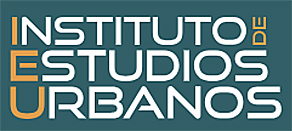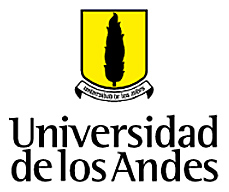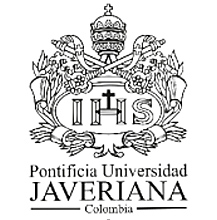Tatiana Ome completed her PhD at the DPU, focusing on sustainable development and alternatives to development. Her 2017 PhD thesis -An Ethnography of Bogotá's Ecobarrios: The Construction of Place-based Eco-political Subjects, Subjectivities and Identities is an important resource for this project in Bogotá. She is an anthropologist and archaeologist with a Master’s Degree in Anthropology and Archaeology, both from Los Andes University in Colombia. Tatiana has more than 15 years of professional and academic experience in the public sector, academia, the non-profit sector, and multilateral organizations (e.g., United Nations). Her work has covered various topics, including alternatives to development (Ecovillages, Eco-neighborhoods, transition initiatives), just transitions to post-development, urban anthropology, urban development, cities and migrations, cultural heritage and urban and historical archaeology.
Andrés Sepúlveda is a sociologist from the National University of Colombia, holding a Master's Degree in Architecture and a Postgraduate Diploma in Regional Planning and Development, both from Los Andes University in Colombia. Additionally, he holds a Master's Degree in Urban Management and Development from the IHS - Erasmus University Rotterdam. He has also pursued studies in Development Studies and Non-profit Management at the postgraduate level in universities in the UK and Canada. Andrés has experience in the public sector, academia, the private sector, international cooperation and the non-profit sector. His work has covered topics such as urban informality, participatory processes in urban planning, upgrading processes of informal settlements, cities and migration, and street art in city making processes.
Rita Lambert is an urban development planner and architect with over 20 years of international experience based at the Bartlett Development Planning Unit, UCL. Her research, postgraduate teaching and consultancy are closely linked and span across various countries (mainly Latin America and Africa). Her work focuses on environmental justice, urban risk, energy justice, urban regeneration, affordable housing, mapping and participatory methodologies. She undertakes action-research, training and capacity building working closely with communities, NGOs, local and national governments, and local researchers, to co-produce strategies towards just urbanisation.
Adriana Allen is Prof of Development Planning and Urban Sustainability at the Bartlett Development Planning Unit, University College London, and has over 30 years of experience in research, postgraduate teaching and consultancy undertakings in 25 countries across the Global South. Through the lens of risk, sanitation, water, land, food and health, her work looks at the interface between everyday city-making practices and planned interventions and their capacity to generate transformative spaces, places, and social relations.
Pascale Hofmann is an urban environmental planner and associate professor at the Bartlett Development Planning Unit, University College London, and has over 15 years of experience conducting research and consultancy work in the global south and Europe. She has expertise in water supply and sanitation in urban and peri-urban spaces, adequate and equitable access to services and the sustainable use of resources, everyday trajectories of the urban poor and actionable knowledge supporting pathways out of poverty.










